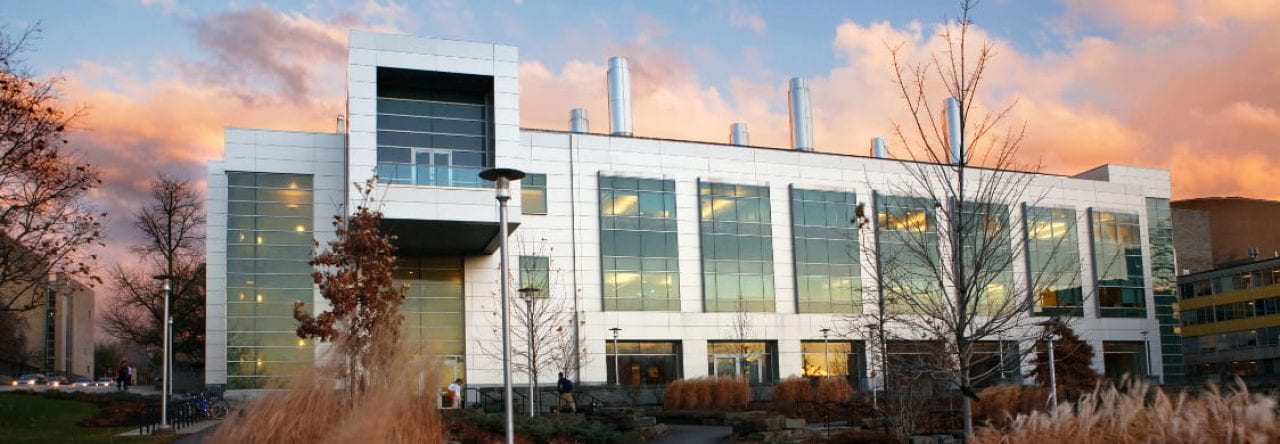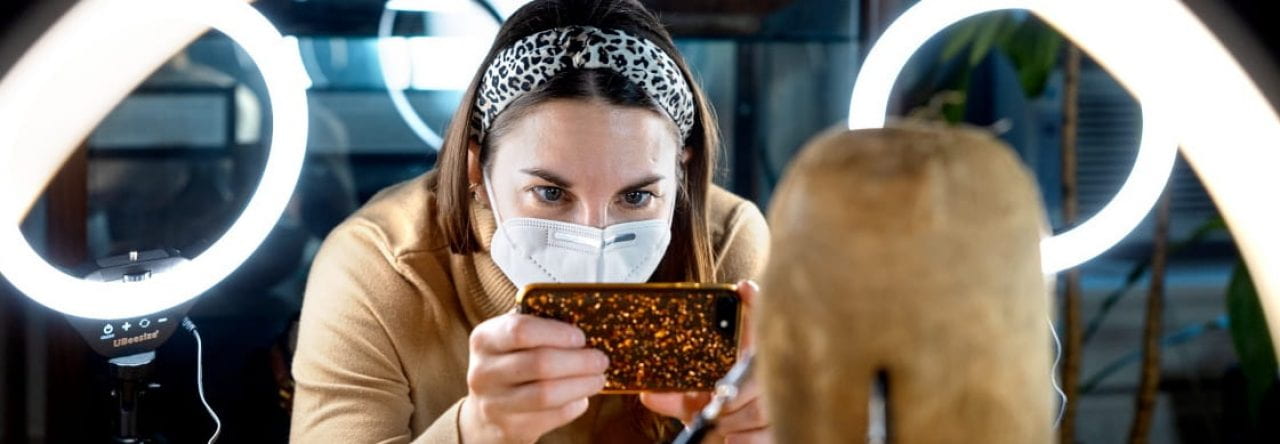Research at Cornell
Hallmarks of a Cornell Education: Research, Creative Experiences and Hands-On Learning
Cornell Engineering is home to 247 faculty members who come from incredibly diverse academic and personal backgrounds. All faculty in our college teach and advise undergraduate students as well as engage in research. From their first year on campus, Cornell Engineers have the opportunity to work closely with faculty members on cutting-edge research. Undergraduate students have the choice to receive pay or credit for their research work.
Research can enhance the undergraduate experience by allowing students to take the skills and knowledge learned in the classroom and apply them to real situations. It affords students the opportunity to interact closely with faculty and, in many instances, to develop valuable industry connections. When involved in research, students will also find themselves working with peers who share their passion for learning.
Cornell Engineering students are not limited to participating in research only within the College of Engineering; they are able to apply to research opportunities across the University. Cornell faculty are engaged in research in almost every field imaginable.
The College of Engineering is fully committed to the upholding the University’s status as a premier research institution. Research teams made of students, postdoctoral associates, and faculty address scientific and engineering challenges, stimulate innovation, and enhance transitions to industry. Our objectives are threefold: a) to advance science and engineering, b) to address emerging societal challenges critical to the nation and the world, and c) to educate a new generation of interdisciplinary researchers ready to lead in academia and industry.
The research portfolio is organized around four strategic areas—click on each image to learn more:
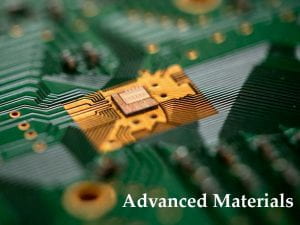 |
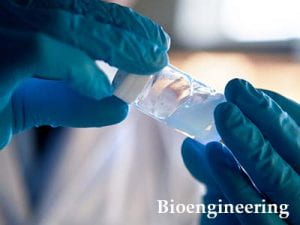 |
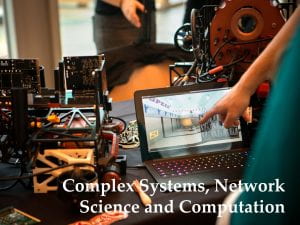 |
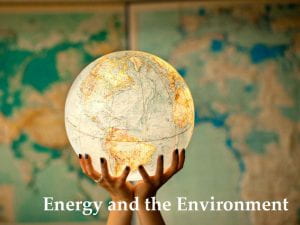 |
Check out some of the Cornell Engineering Research Groups
Helbling Research Group
Cornell Laboratory of Plasma Studies
Autonomous Systems Lab
McLaskey Research Group
Cornell Engineering Research Groups
- AACSE: The Alaska Amphibious Community Seismic Experiment
- Abbott Group Website
- Alabi Group Website
- Albertson Lab
- Albonesi Group
- Andarawis-Puri Lab
- Anderson Lab website
- April Z. Gu Group
- Architectural Robotics Lab
- Autonomous Systems Lab
- Barthelmie Wind Energy Research Lab
- Benedek Group
- Campbell Research Group
- Cape CryStAL
- Cha Group
- City-CLImate-People
- Cornell Fracture Group
- Cornell High Energy Synchrotron Source
- Cornell SonicMEMS Lab
- Daniel Team Website
- Datta Research Group
- Daziano Research Group
- Deep Geothermal Heat
- Donnelly Research Group
- Earls Group
- Ecological Engineering Research Lab
- Edwin Kan Group
- Emergent Climate Risk Lab (ECRL)
- Energy and the Environment Research Group
- Engstrom Group
- Environmental CFD Group
- Environmental Systems Lab
- Erickson Lab
- Esmaily Lab
- Estroff Research Group
- Gadikota Research Group
- Gao Research Group
- Giometto Group
- Hanrath Group
- Helbling Research Group
- Jena-Xing Laboratory
- Joo Group Website
- Kirby Lab Microfluidics
- Kourkoutis Electron Microscopy Group
- Lambert Lab
- Liddell Watson Research Group
- Mahowald Research website
- Mays Research Group
- McLaskey Research Group
- Molnar Group
- Moses Group
- Muller Group
- Nair’s Research Group
- Ober Research Group
- Pollack Research Group
- Qing Zhao Group
- Reed Group Website
- Richardson Lab
- Samitha Samaranayake Group
- Schlom Research Group
- Semiconductor Optoelectronics Group
- Shan Group
- Statistical Signal Processing Lab
- Stroock Group Website
- Suntivich Lab
- Tester Group Website
- The Baker Research Group
- The McMahon Lab
- The Robinson Group
- The Weatherspoon Group
- Thompson Research Group
- Tian Research Group
- Verifiable Robotics Research Group
- Versatile Electronic Systems Lab (VESL)
- Vision and Image Analysis Group (VIA)
- Xu Research Group
- You Group Website


